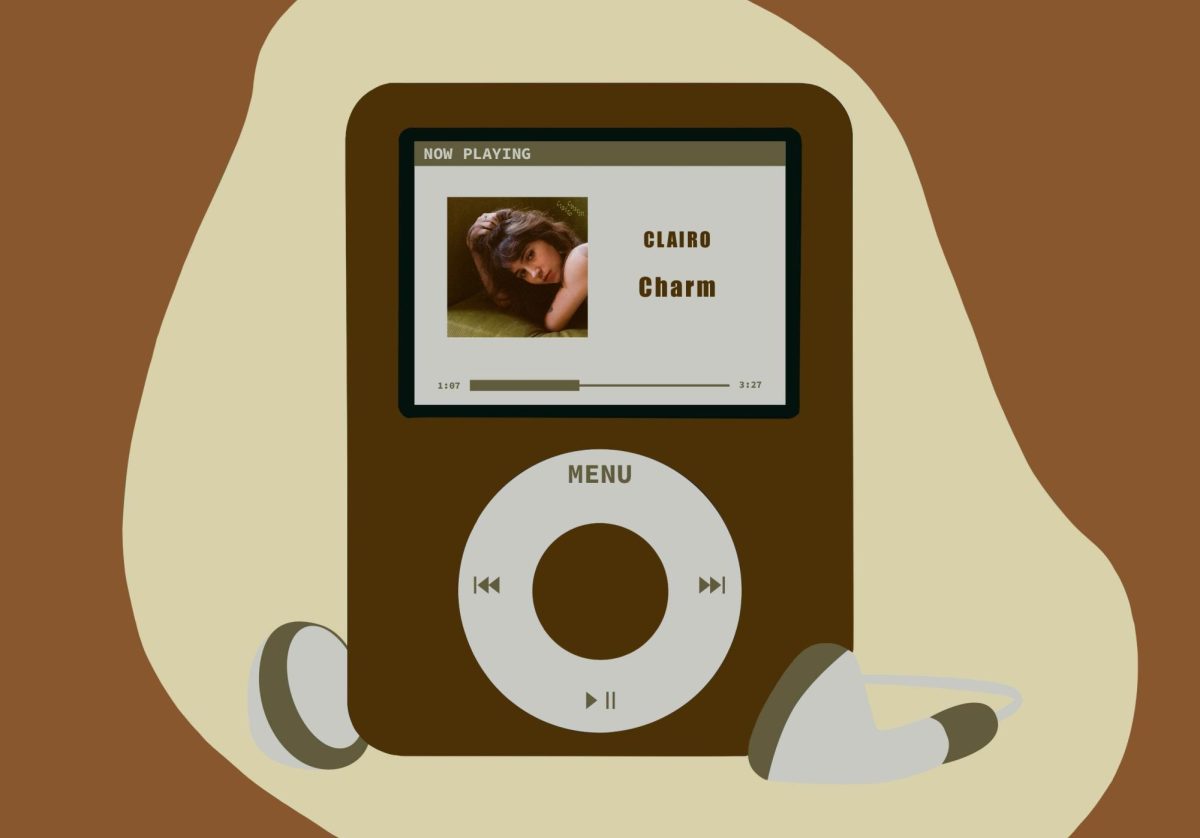The original 1975 screen version of “The Stepford Wives” owed much of its creepiness to Enrique Bravo and Owen Roizman’s brilliant cinematography. The green and pleasant avenues of suburban Connecticut always look a little out of focus, as though they were obscured by a light fog.
Unfortunately, in this year’s remake, Rob Hahn shoots interiors and exteriors alike in crisp, vivid colors with sun-drenched lawns balancing brightly sparkling dream kitchens.
Like many of its contemporaries in the world of 1970s Hollywood film, “The Stepford Wives” drew its power from the seemingly inexhaustible reservoir of bitterness and cynicism that suffused the national consciousness. After Vietnam, Watergate, assassinations and embargoes, the movie-watching public was ever-primed for more graphic evidence of the world’s essential wickedness. The idea that upper-middle class men might replace their wives with chipper fembots could hardly have appeared implausible. However, there still existed at that time, despite the national “malaise” that President Jimmy Carter identified, a capacity for disgust. The washed-out palette of the original “Stepford Wives” tends to put some distance between the viewer and the all-too-believable terror onscreen.
In the remake, director Frank Oz begins by assuring us that we are far too jaded from years of reality TV and similar media product to ever be really disgusted again. Joanna Eberhard (Nicole Kidman) is a powerful and somewhat crass network executive who finds herself jobless and mentally adrift after a disgruntled reality TV victim crashes her fall line-up presentation. Her husband Walter Kresby (Matthew Broderick) convinces her that a move out of Manhattan would be good for her health. Of course, they wind up in Stepford, where Joanna meets kindred neurotic urbanite spirits Bobbie Markowitz (Bette Midler) and Roger Bannister (Roger Bart). This trio of rebels in paradise suspect that town power-couple Claire and Mike Wellington (Glenn Close and Christopher Walken) are up to no good.
While the remake imagines this predicament as a ready source of biting satire, there’s rarely a sense that anything horrible is going on. For instance, Bart’s character, the more flamboyant half of the only gay couple in Stepford, is shown to be just as vulnerable as any of the wives. But his stereotypical “Queer Eye” tittering prevents both satire and horror from ever fully gelling around the three misfits. The original version’s ability to make our skin crawl depended on characters that might have been anyone we knew, and the nauseating sense of violation attached to the thought of replacing a woman with a robot merely for convenience sake.
If the villains in the new version of “The Stepford Wives” have a flaw, it’s merely their bad taste in housedresses. The movie leaves no room for its audience to feel angry or violated. On the contrary, the film’s upbeat look and pat ending seem designed not to provoke the audience out of its complacency, but rather to mire us further in our predicament, with a little sarcasm thrown in to lighten the tone. Like the good little robots we’ve all become, we’ll file out of the theater and back to our Stepford-like existences, unchallenged, complacent and no wiser.
















